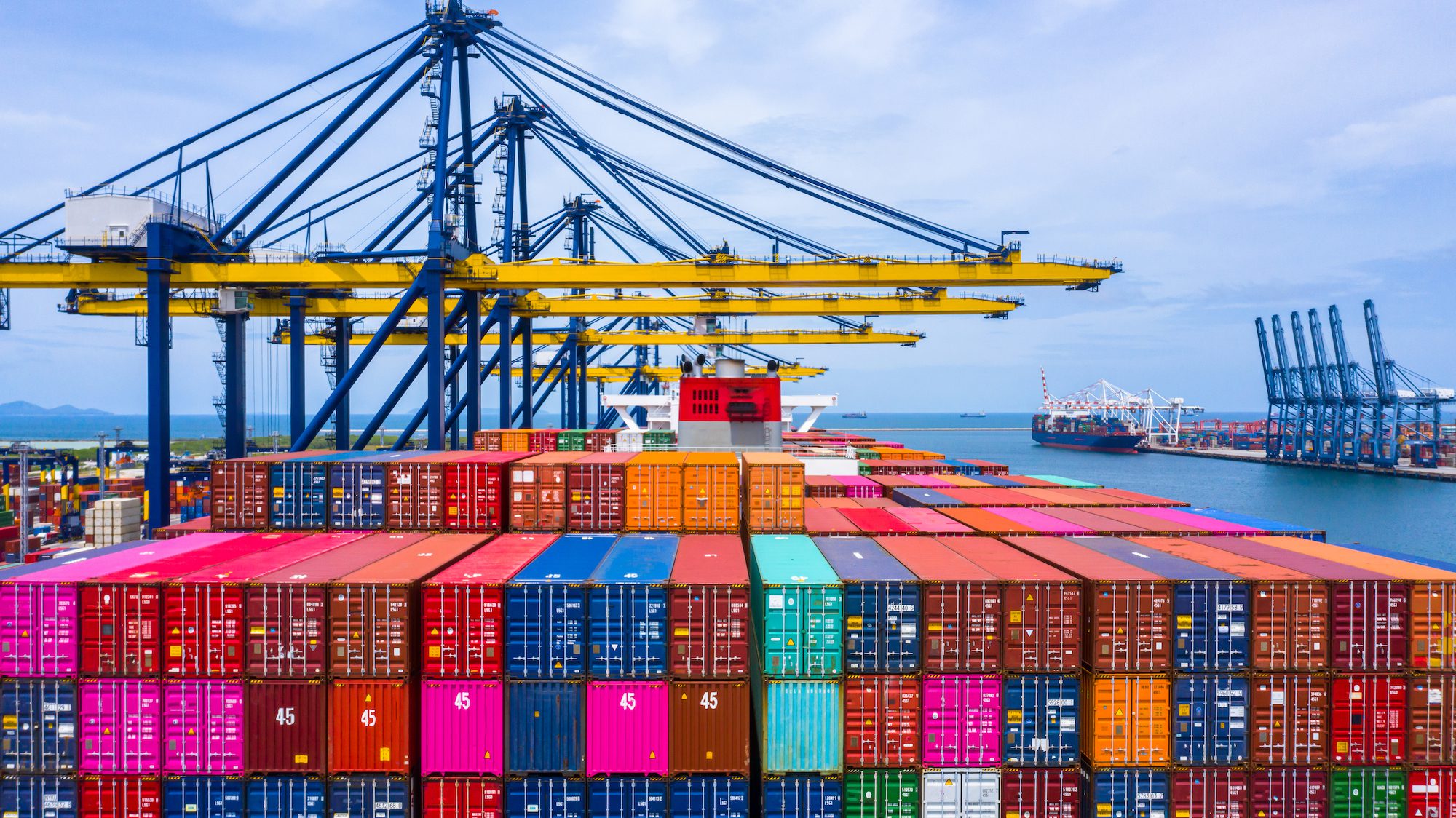The consequences of recent MEPC 83 decisions reverberated throughout the second day of Riviera’s Maritime Decarbonisation Conference Asia
Fortescue head of green shipping Andrew Hoare described the newly approved carbon pricing mechanism as “historic” despite falling short of original ambitions.
“What is likely to come out of these measures is more than what has been achieved in numerous other efforts globally,” Mr Hoare noted, while maintaining his company’s commitment to “real zero” rather than net-zero emissions.
A marked tension emerged between technological optimism and practical implementation challenges. While presenters showcased remarkable progress in alternative fuels – particularly Fortescue’s pioneering ammonia-powered vessel Green Pioneer – EGCSA director Don Gregory offered a contrasting perspective, questioning whether current regulatory pathways deliver optimal environmental outcomes. “Let’s keep an open mind, but let’s look at all the options in a holistic way,” Mr Gregory advised, suggesting investments in land-based decarbonisation might yield greater environmental returns while maintaining shipping’s affordability.
The human element emerged as a critical consideration in fuel-transition strategies. Anglo-Eastern’s Himanshu Chopra detailed comprehensive crew training programmes for alternative fuels while warning against creating excessive certification burdens. “If we don’t invest fast and deeply in training and upskilling our seafarers and shore teams, we’ll have green ships without the people to run them safely and confidently,” Capt Chopra cautioned.
Wind-propulsion technologies demonstrated significant commercial maturity, with GT Wings founder George Thompson reporting its recently installed sail achieved significant fuel savings during initial transatlantic voyages. Mr Thompson highlighted the compelling economics, “We expect to save around £315,000 (US$421,000) per ship per wing on an annual basis, resulting in a payback period of less than four years.”
Carbon capture technologies received substantial attention, with Paolo Tonon of Berge Bulk positioning them as critical components in a comprehensive strategy. “By 2050, there will still be roughly 40-45% of fuel that will be hydrocarbon-based,” Mr Tonon explained, detailing his company’s recent installation of an amine-based system with a payback period “well below four years.”
Peninsula’s Vanessa Xavier provided crucial insight into alternative fuel infrastructure development, noting while LNG bunkering facilities have expanded significantly, projected vessel demand would exceed available bunkering capacity. Ms Xavier revealed her company’s strategic investments across multiple fuel pathways, “What our customers need, we will go along with it,” she stated, outlining plans for ammonia bunkering facilities through a joint venture with Itochu.
The multi-fuel future appears increasingly certain, with Ocean Network Express’ Ming San Yu acknowledging, “We all anticipate this will be a multi-fuel economy, and that’s going to add a whole new layer to our operational process.” This sentiment was echoed in panel discussions on FuelEU Maritime compliance, where fleet pooling emerged as a favoured strategy for balancing emissions across vessels with varying EU exposure.
Stevenson Harwood partner Cathal Leigh-Doyle introduced a sobering note regarding liability considerations for new fuels, highlighting the absence of established compensation schemes equivalent to those for conventional fuels. “This concerns everybody in the room,” Mr Leigh-Doyle warned, advising companies to develop bespoke liability regimes in commercial contracts.
As the conference concluded, attendees expressed measured optimism tempered with a heightened awareness of implementation challenges. The industry appears to have moved beyond debating whether to decarbonise, focusing instead on how to build commercially viable pathways to compliance using multiple complementary technologies; a pragmatic shift reflecting the complex realities of maritime decarbonisation.






